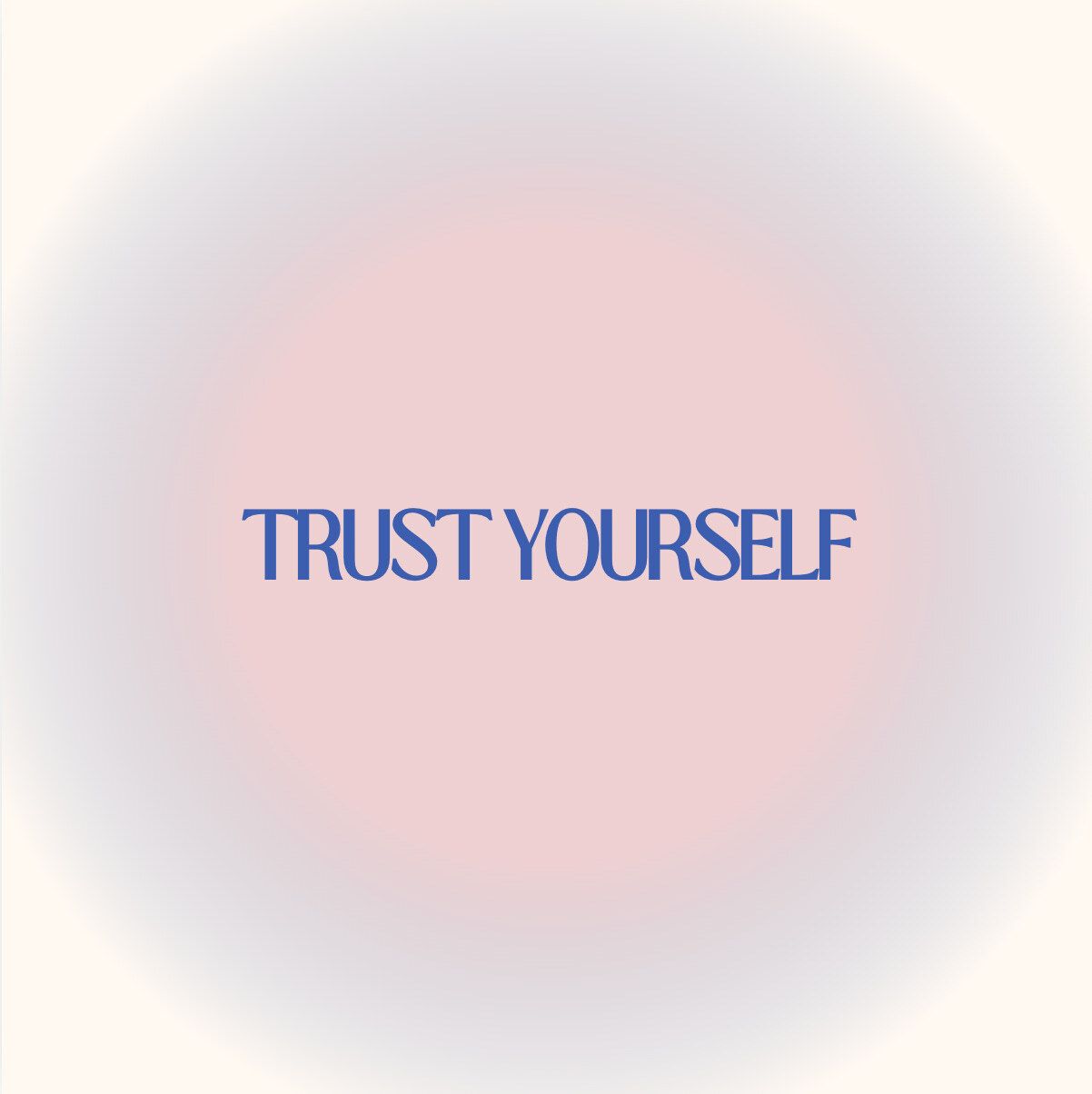- The Well Path
- Posts
- #16: trust thyself
#16: trust thyself
the 80/20 rule and what it really means to trust your gut
Welcome to The Well Path, a space for curious people to build healthier, happier, more intentional lives. New podcast episodes drop weekly on Wednesdays, and new newsletters are sent out weekly on Sundays. If you haven’t already, listen + subscribe to the podcast.
The essay Self-Reliance by Ralph Waldo Emerson is like a good bottle of red wine: the first sip is nice, but the more time you give it, the better it gets. I've lost count of how many times I've read this essay over the last ten years, and every time I do, it hits a little closer to home.
There are a few passages that have always stood out to me:
“Trust thyself: every heart vibrates to that iron string. Accept the place the divine providence has found for you, the society of your contemporaries, the connection of events…”
“In every work of genius we recognize our own rejected thoughts: they come back to us with a certain alienated majesty.”
“The power which resides in him is new in nature, and none but he knows what that is which he can do, nor does he know until he has tried”
But what does it mean to trust yourself? And how do you get better at it?

🕊️ The 80/20 rule
Trusting yourself is not about feeling certainty in your decisions. In fact, most of us will never feel 100% certain about any big decision we take until after the fact. Hindsight may be 20/20, but in the moment, things are rarely so clear.
When we are standing at the precipice of a big decision, before we’ve made the leap, the most we can hope for is to feel 80% sure. The other 20% is TRUST – that’s why they call it a leap of faith.
Trusting yourself is about connecting to that deep, almost magnetic pull inside of you and daring to follow it—even when you can’t see where it leads.
It is about developing and revisiting your intuition’s track record, and recognizing that it has the capacity to lead you better than your logical mind can.
It is about recognizing that life is precious and the cost of an interesting life will include fear, risk and ambiguity.
Developing self-trust doesn’t mean you’ll never make mistakes or second-guess yourself. It just means that you’re willing to back yourself, even when things don’t look perfect on paper.
❓So how do I do it?
Take note of your intuition’s track recordLook back at times when you had a gut feeling about something. Did you listen to it? If you didn’t, what happened? If you did, how did it turn out? Start taking note of how often your intuition nudges you in the right direction. Don’t beat yourself up for the times you didn’t follow it––the point is just to start noticing. You’ll likely find that your gut's track record is a lot better than you thought, which will make it easier for you to trust it in the future.
Tune into the feelingIf you want to get better at recognizing your intuition, you’ve got to spend time getting quiet enough to hear it. Meditation is a great tool for this. It helps you get familiar with what it feels like when your inner voice speaks up. Try to meditate daily, even if it’s just for 10 minutes. Notice where in your body you feel that “gut” sense. For some, myself included, it’s literally in the gut; for others, it might show up as a different sensation.
Intuition vs. anxiety This one’s tricky because both anxiety and intuition are felt sensations. The difference is that intuition tends to come with a sense of clarity, even if the decision feels risky. Fear, on the other hand, usually brings a kind of chaotic, frenetic energy. When you’re trying to make a call, ask yourself if there’s a calm “knowing” underneath all the noise.
Keep promises to yourselfSelf-trust and self-love go hand in hand. When you start keeping the promises you make to yourself—whether that’s meditating for 10 minutes a day or getting in a quick workout—you are proving to yourself that you are reliable. It doesn’t have to be anything grand, just pick something you can commit to and stick with it. The more you show up for yourself, the easier it gets to believe in your own word, which is the foundation of self-trust.
Trust the processTrusting yourself doesn’t mean things will immediately feel perfect all the time. In fact, there will be plenty of times when things don’t seem to go according to plan. But trusting yourself means: (1) knowing you can handle whatever happens next, and (2) having faith that even setbacks are working for you, and not against you. This is rooted in trust that everything is unfolding as it is meant to, even when the ending has not yet come into view. Remember: every “mistake” is more data for your intuition. So instead of thinking, “I should’ve known better,” try asking yourself, “What was my gut telling me here, and how did I read that?” With time, you will start to trust that no matter what decisions you make, you are and always will be A-okay. Life is not a game of perfect. We live and we learn, and that’s the beauty of it.
💡 How important is this?
At the end of the day, the two most important relationships you'll ever have are your relationship to yourself, and your relationship to your higher power. You two are the only ones who have been with you from the beginning, and will be with you until the end.
The stronger those relationships are, the better equipped you will be to navigate whatever life throws your way. The more you lean into trusting yourself, the more you will find that your intuition is actually a pretty remarkable guide. It might not always be the easiest path, but it will always be the one that makes your soul feel calm. Trust that your iron string is strong enough to hold you up, even when things feel shaky.
🫶 ICYMI
I got to moderate a Longevity panel at Dubai Active this weekend!

I also got to meet some amazing wellness founders and creators and test out some mind-blowing new technologies. I’m sharing a few mini-interviews on Instagram, so stay tuned there :)
That’s all for now. Thank you for being here.
See you next week!
Love, Brooke


Reply